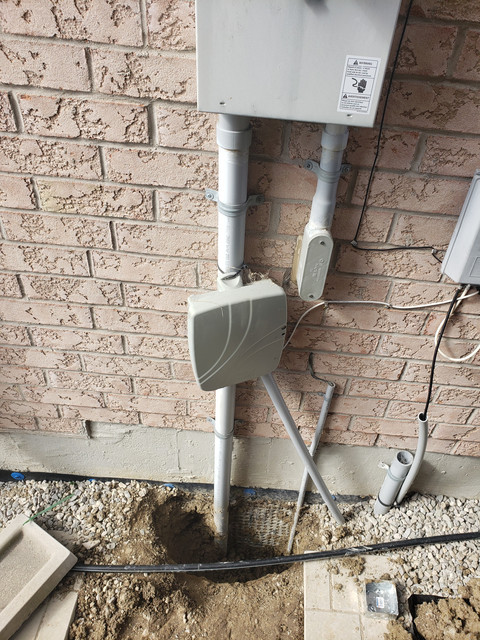Multi provinces electrical code book home hardware systems canadian inspection services changes property managers should know remi network cec ontario new construction underground residential service electrician talk knight simplified abebooks wiring for a laundry room apps 148apps esa launches risk based oversight of inspections safety authority 1 by p s article and installations homeowner guide outlet height clearances ing how much e is allowed between receptacles what or are required drykan 25 th edition pdf free to your trade building register training today national electric codes outdoor info sheet 2015 now available keeping up with 2018 part i top 15 from csa news league on receptacle bo cable installation wire size choose the proper an plug wall common requirements do electricians often frequently interchange color grounded leg when switches quora house ps installing identified conductors lighting file february 2019 business owner obligations licensed contractors safely install canada oa rule 26 744 association inspectors rough in diy family handyman inspector checkpoints kitchen remodel episode 6
Multi Provinces Electrical Code Book Home Hardware

Electrical Systems Canadian Home Inspection Services

Electrical Code Changes Property Managers Should Know Remi Network

Cec Ontario New Construction Underground Residential Service Electrician Talk

Knight Electrical Code Simplified Ontario Abebooks
Electrical Wiring For A Laundry Room

Electrical Code Simplified Residential Apps 148apps

Esa Launches Risk Based Oversight Of Wiring Inspections Electrical Safety Authority

Electrical Code Simplified Residential Wiring Ontario Book 1 By P S Knight
Esa Article And
Electrical Installations
Homeowner Electrical Wiring Guide

Electrical Outlet Height Clearances Ing How Much E Is Allowed Between Receptacles What Or Are Required

Residential Electrician Drykan Electrical

Ontario Electrical Safety Code
Electrical Installations

Ontario Electrical Safety Code 25 Th Edition Pdf Free

A Guide To Ontario Electrical Code And Your Home Multi Trade Building Services

A Guide To Ontario Electrical Code And Your Home Multi Trade Building Services

Register For Code Training Today Electrical Safety Authority Esa
Multi provinces electrical code book home hardware systems canadian inspection services changes property managers should know remi network cec ontario new construction underground residential service electrician talk knight simplified abebooks wiring for a laundry room apps 148apps esa launches risk based oversight of inspections safety authority 1 by p s article and installations homeowner guide outlet height clearances ing how much e is allowed between receptacles what or are required drykan 25 th edition pdf free to your trade building register training today national electric codes outdoor info sheet 2015 now available keeping up with 2018 part i top 15 from csa news league on receptacle bo cable installation wire size choose the proper an plug wall common requirements do electricians often frequently interchange color grounded leg when switches quora house ps installing identified conductors lighting file february 2019 business owner obligations licensed contractors safely install canada oa rule 26 744 association inspectors rough in diy family handyman inspector checkpoints kitchen remodel episode 6